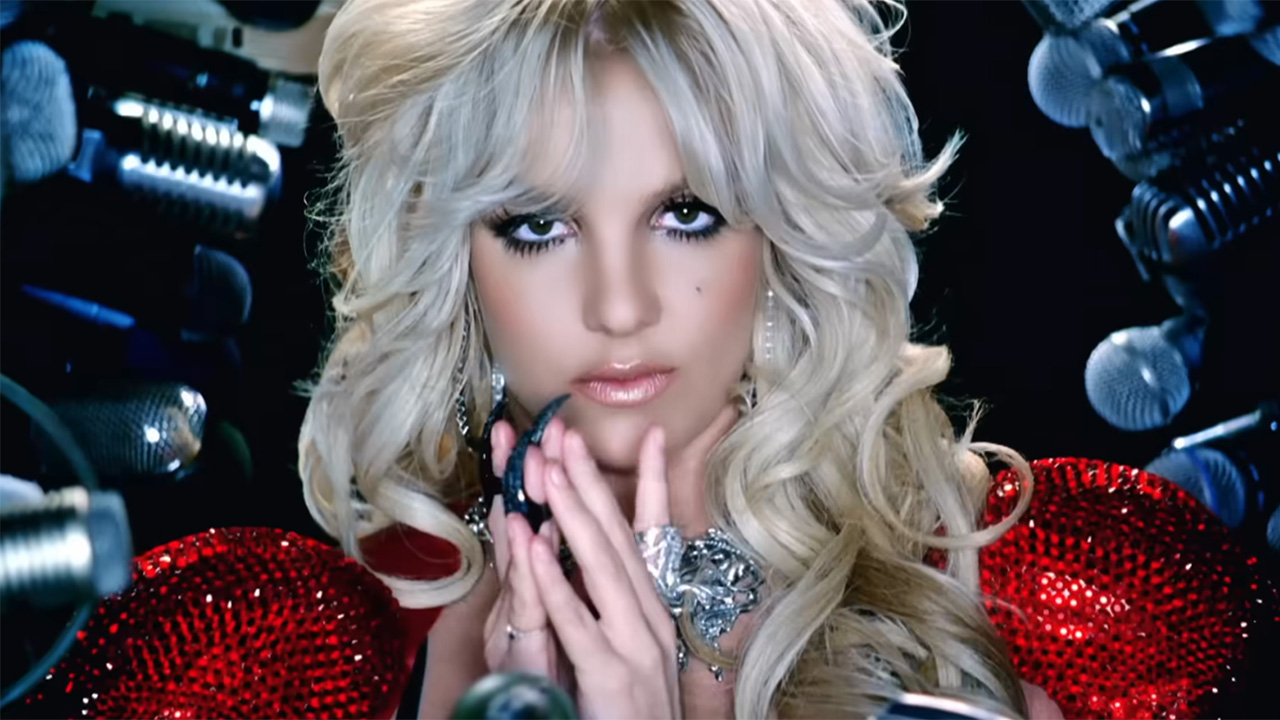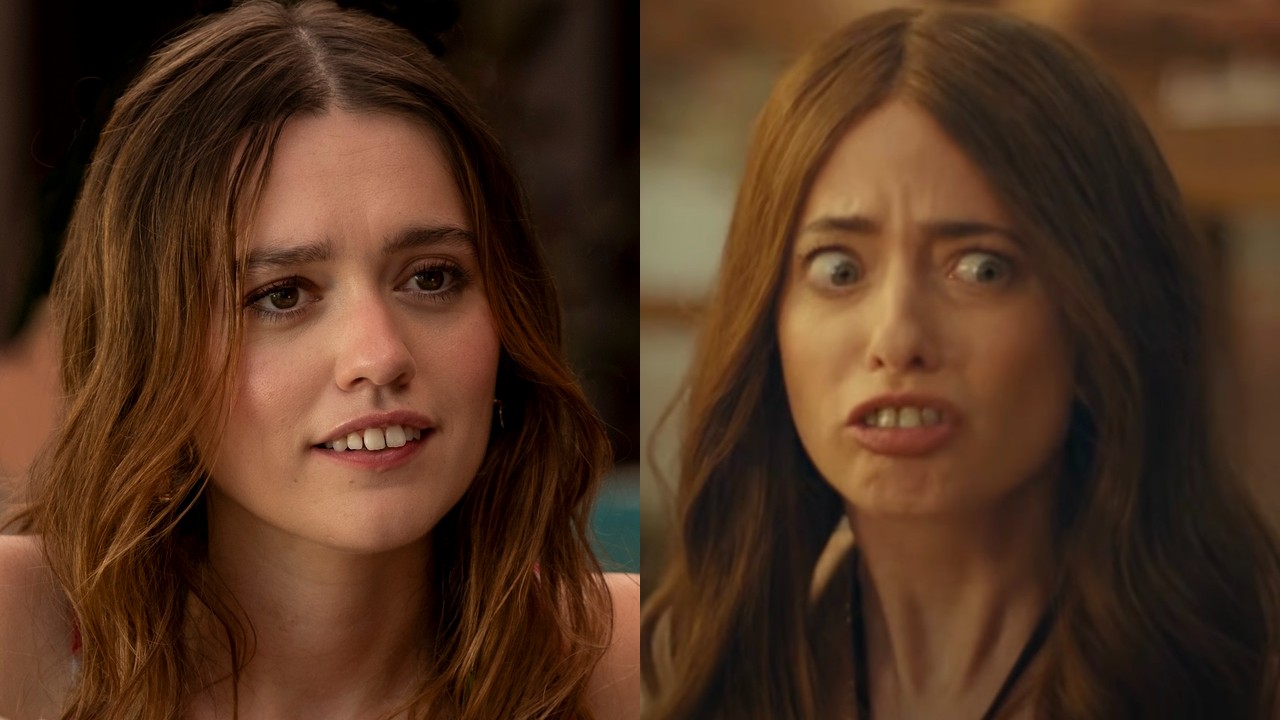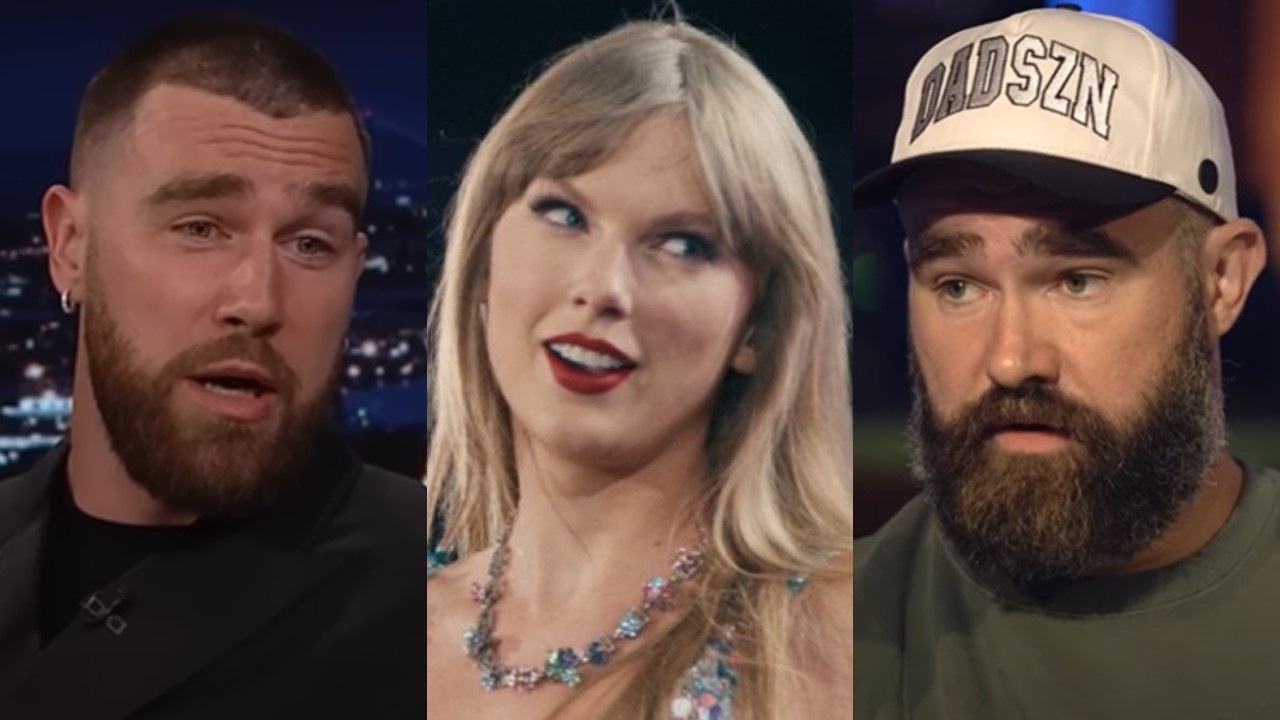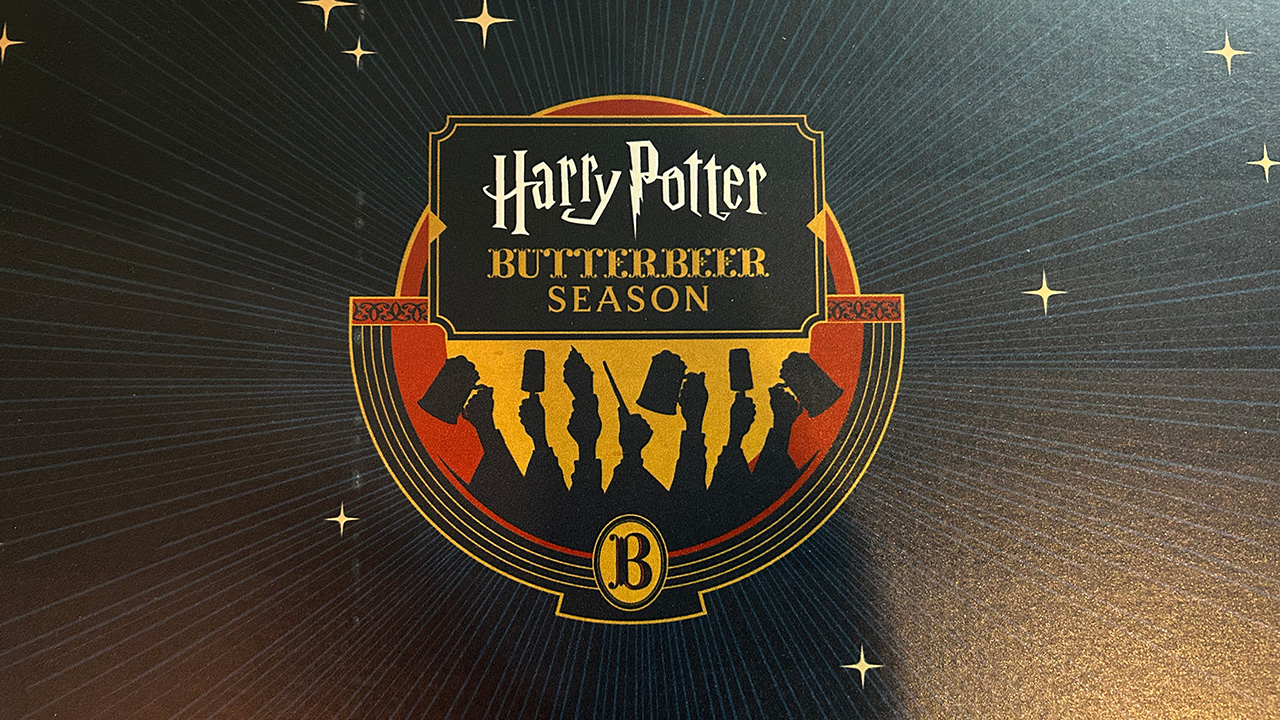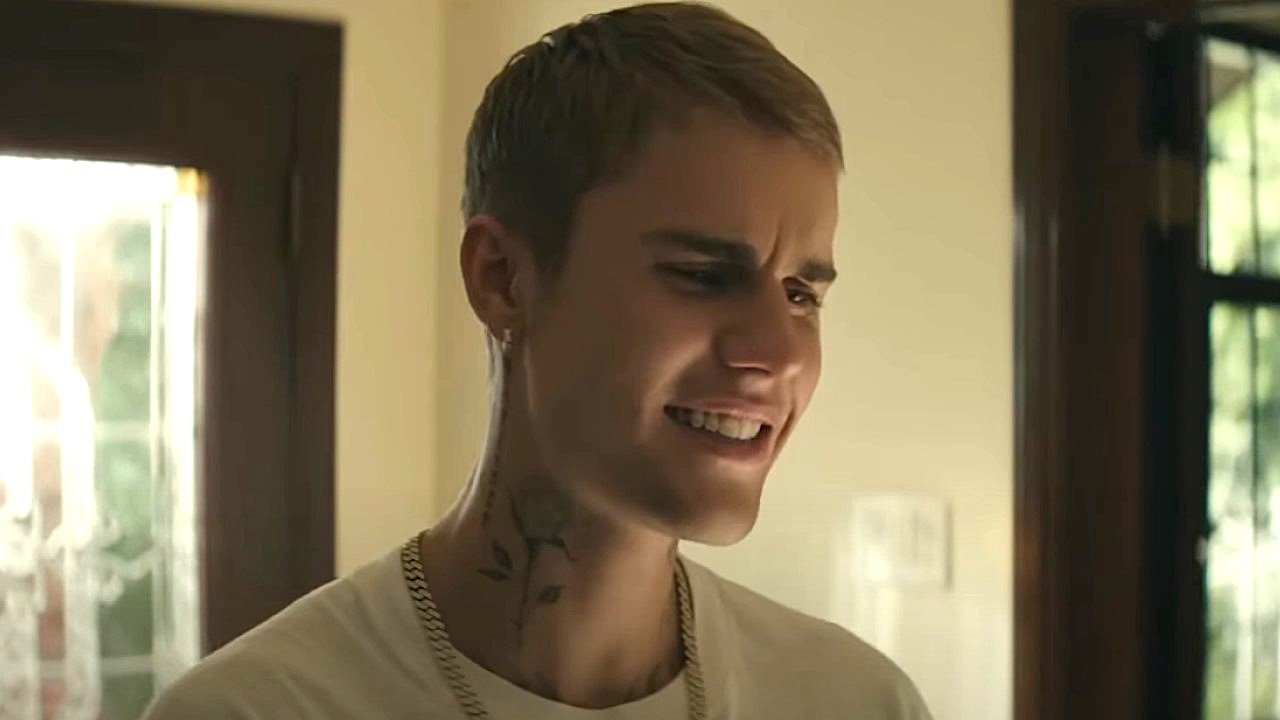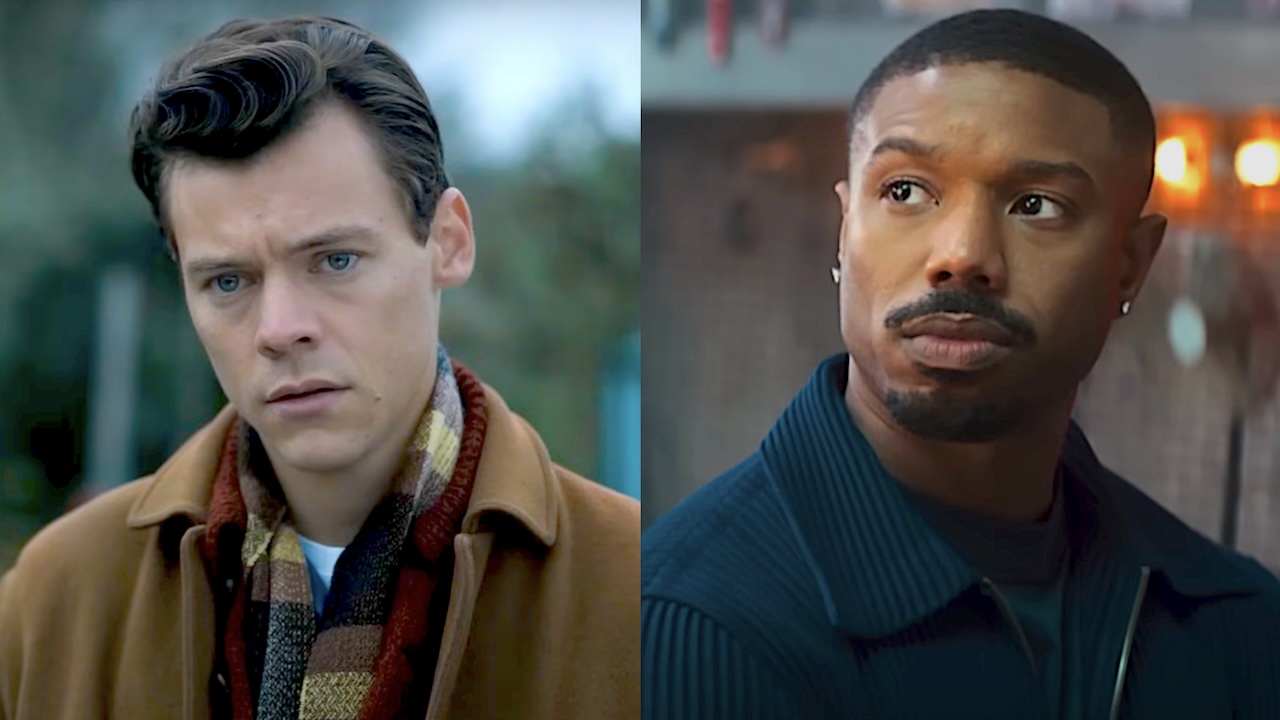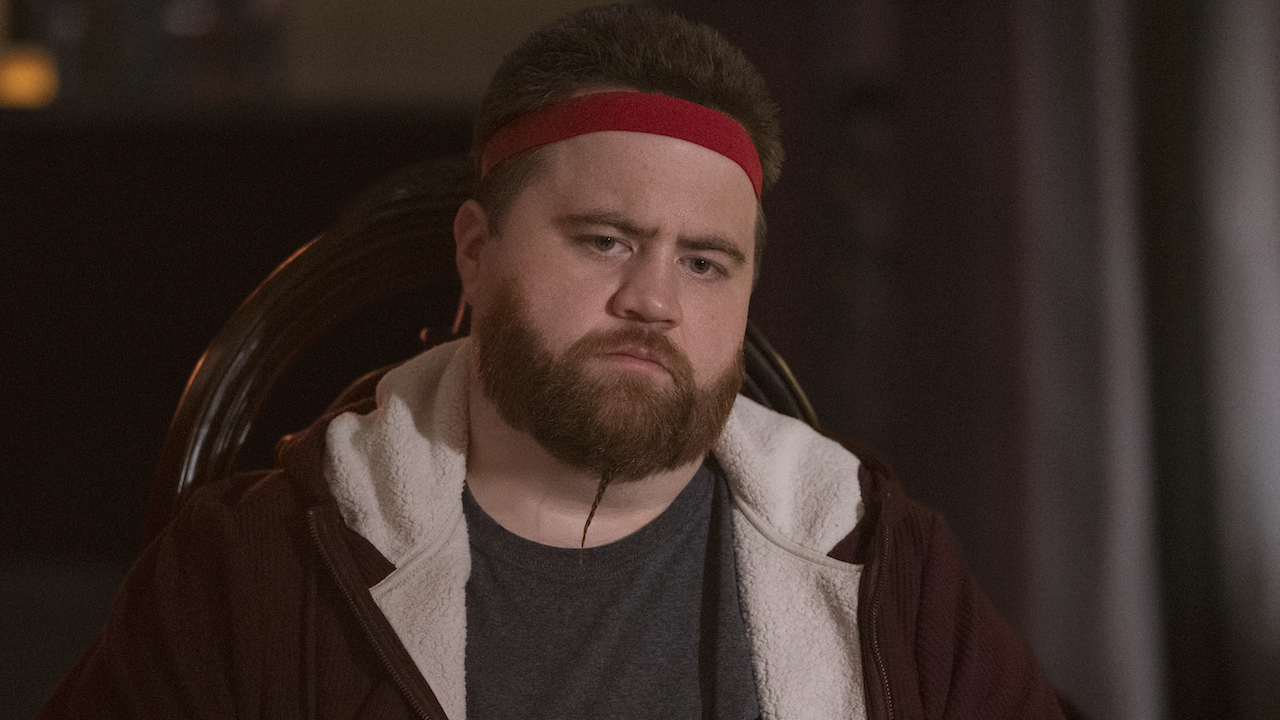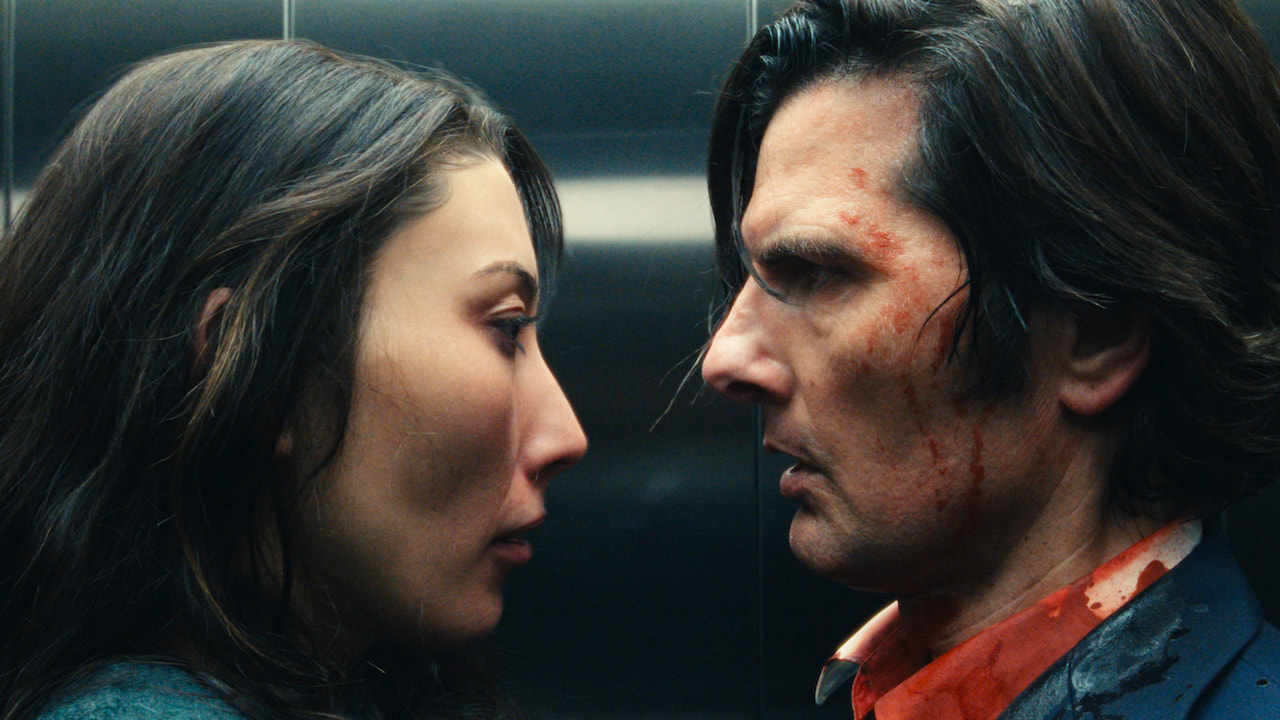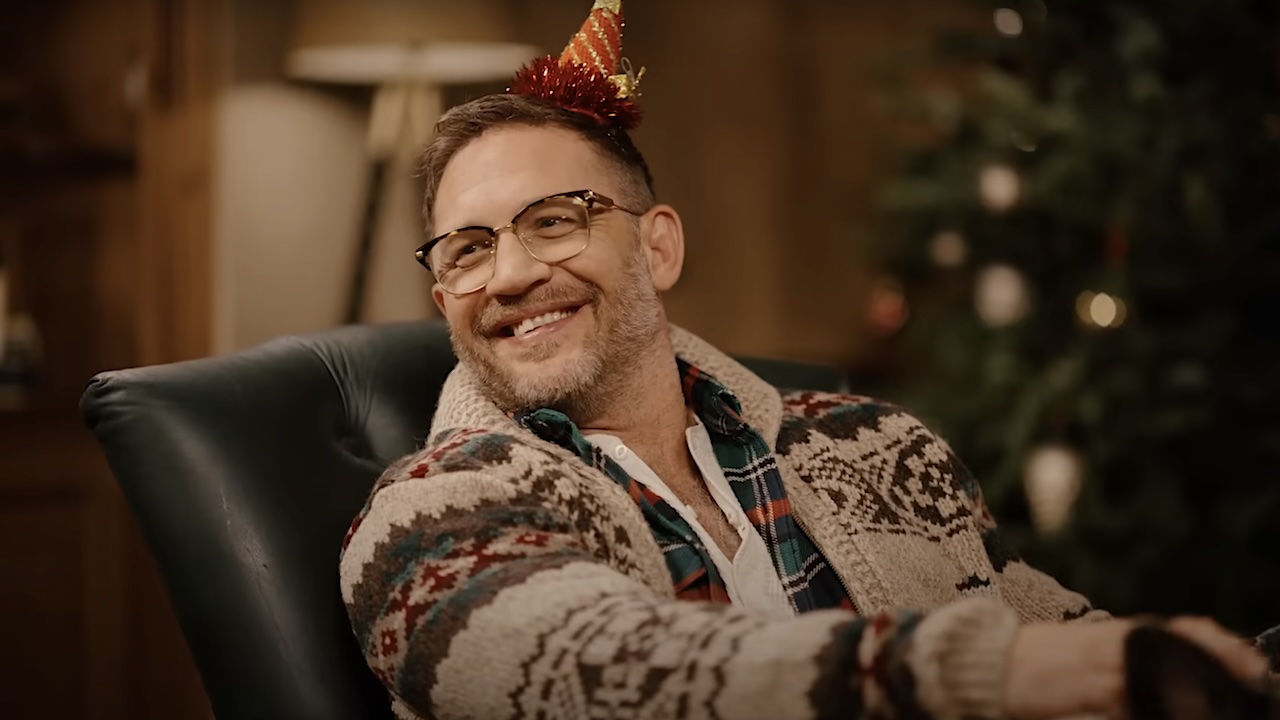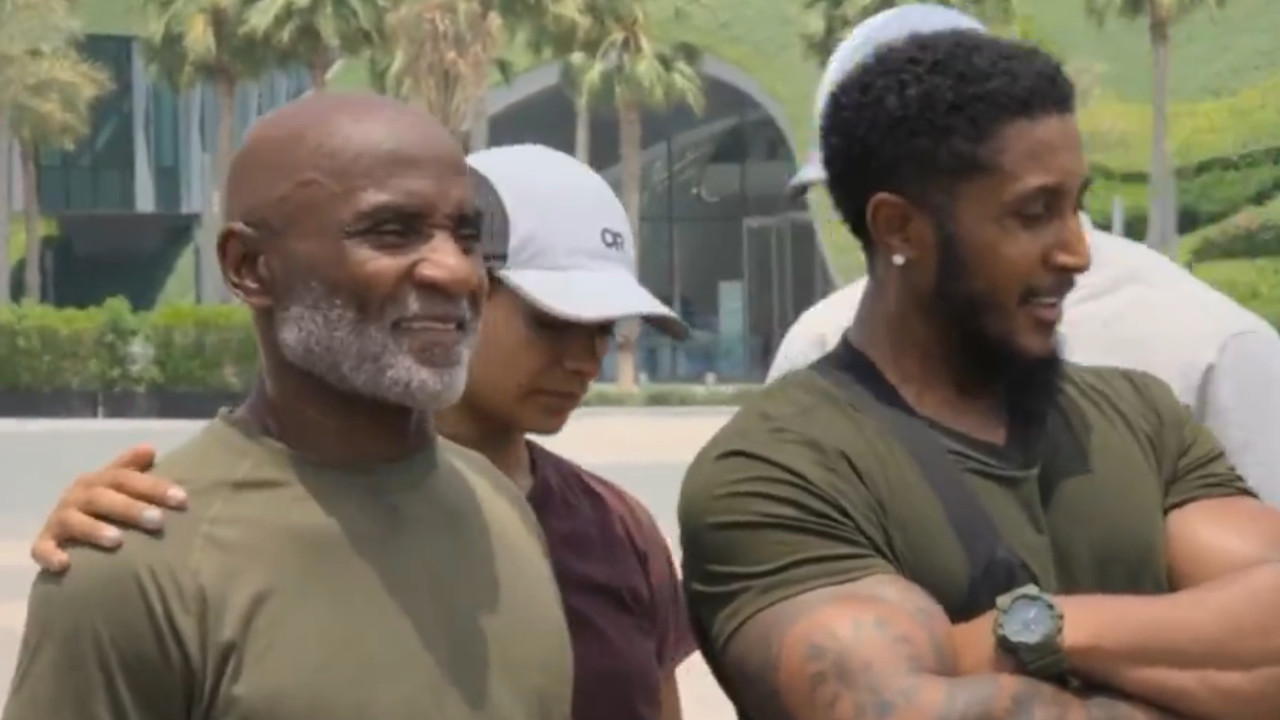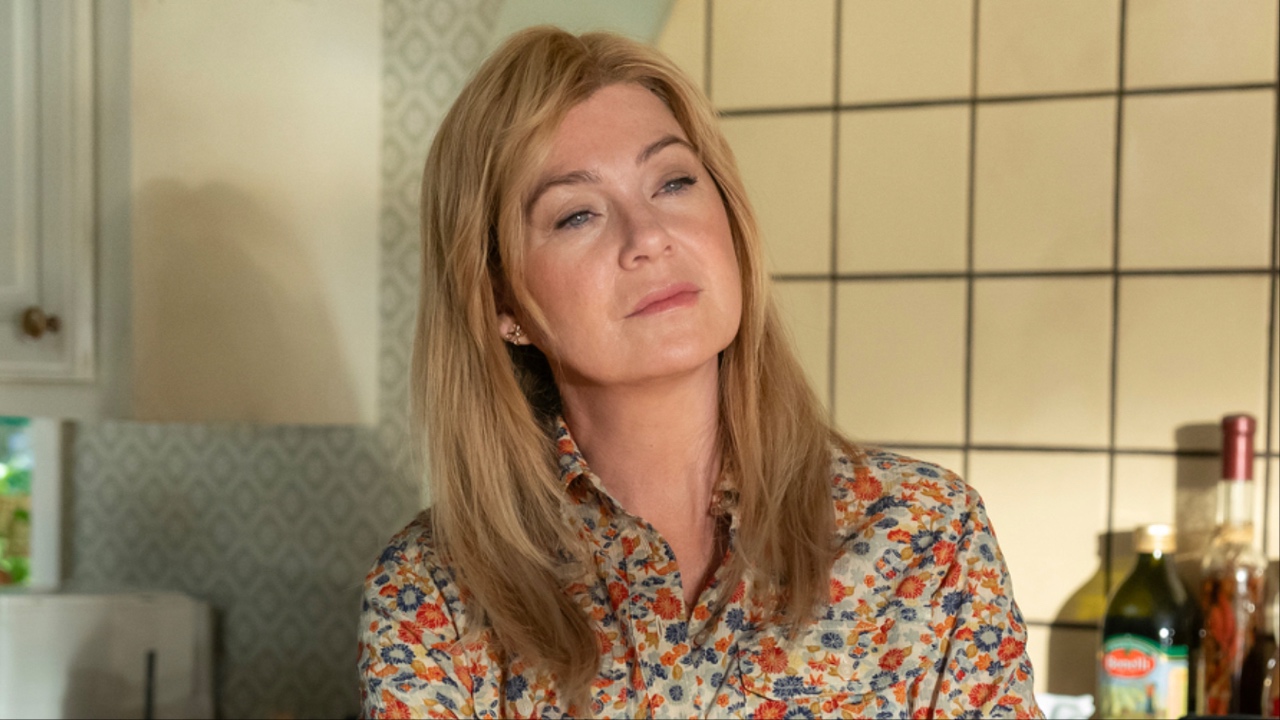Cats Movie Ending Explained: What Really Happened And What Does It Mean?
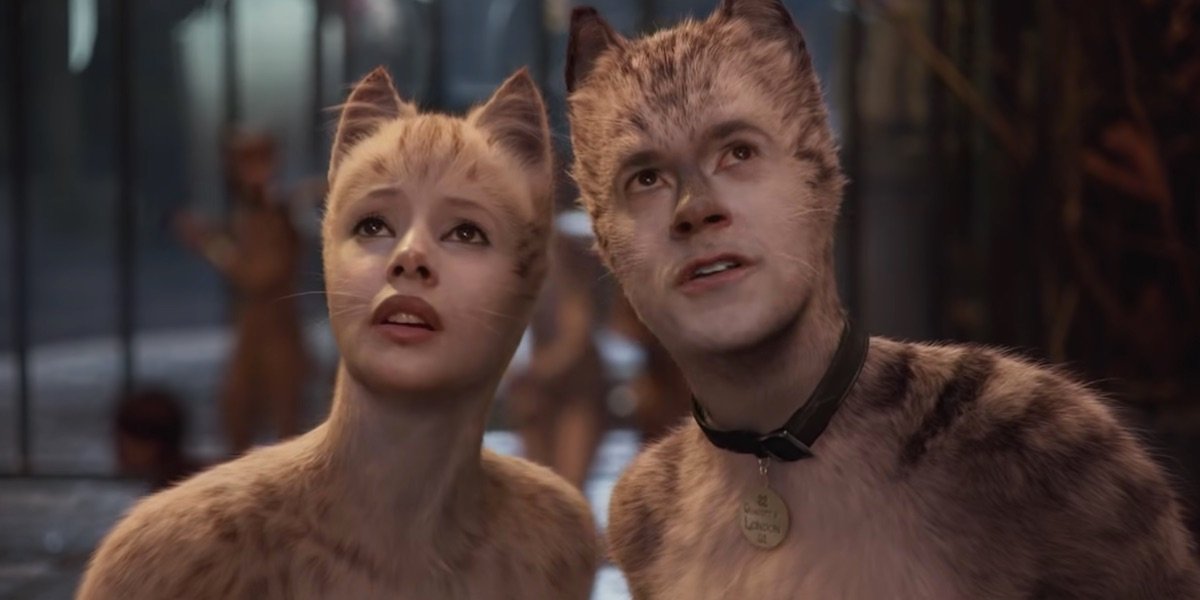
Tom Hooper's Cats is finally in theaters, and is getting quite the reaction from those who have seen see the movie musical. Andrew Lloyd Webber's iconic Broadway musical (based off T.S. Eliot's poetry) has been adapted for film by Les Miserables director Tom Hooper, and the critical response has been wild. The movie is unlike anything that has hit theaters before, with bonkers source material and digital fur technology creating a moviegoing experience that will leave you dizzy. But what happened during Cats' movie ending?
Cats: It's All About The Jellicle Ball
While Cats might be a somewhat confusing moviegoing experience, the plot is actually simple. Just like the Cats musical, once a year the Jellicle Cats (that's just their name, go with it) assemble for the most exciting of days-- appropriately named The Jellicle Ball. It's a grand contest, where one cat is chosen for the Jellicle Choice. See a theme here?
In the Cats musical and movie, the winner of the Jellicle Choice is given a new life. That lucky kitty ascends to the Heaviside Layer, where it transforms into everything it ever wanted to be. The stakes are high for the cats of Cats, and plenty of colorful characters show up to compete for the affections of Judi Dench's Old Deuteronomy. O.D. (as call her for short) is the one who makes said Jellicle Choice, and picks the most deserving candidate from the group of cats.
That's it. Every cat wants to win, and only one will. The runtime of Cats is made up of various cats showing up to join the competition, and hopefully go to the Heaviside Layer. Each of the starring cast members pop up and sing a song, allowing for the Cats movie to function as a true ensemble project. But every competition has its winner, and for Cats that is Jennifer Hudson's Grizabella, the glamor cat.
For some reason, Grizabella is an outcast from the rest of the kitties in Cats. Life has treated her badly, with Griz being an outcast. But once she eventually is welcomed to the Jellicle Ball by Francesca Hayward's protagonist Victoria, Jennifer Hudson is able to shine by singing the 11 o'clock number of the musical "Memory."
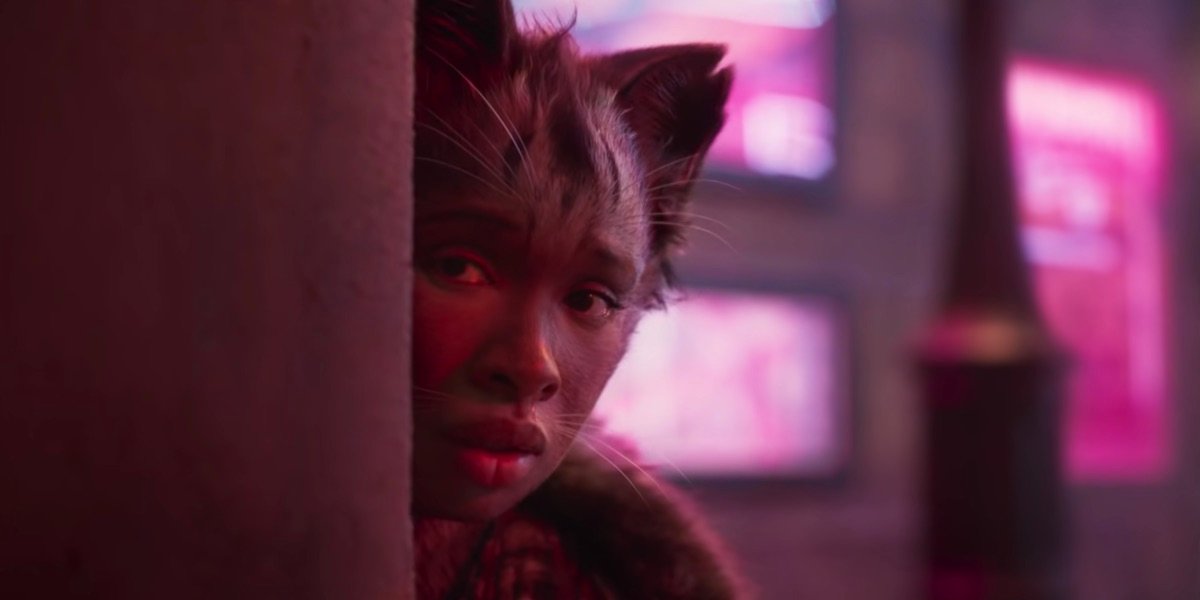
What Happens At The End Of Cats?
Since Cats is all about the Jellicle Ball, Tom Hooper's movie ends the same time as that mythical kitty event. While plenty of cats appear to sing their songs and compete for the Jellicle Choice, there's one cat who seems to want the victory at all costs. That's Idris Elba's villainous Macavity, who somehow has magical abilities the other cats do not. (They're talking cats, it's best not to think too hard about it.) Macavity spends most of the movie lurking around, and kidnapping (catnapping?) the starring cast after each actor finishes their big number.
Eventually the kidnapped cats (including Judi Dench) manage to escape in the Cats movie's third act, through some magic by Laurie Davidson's Mr. Mistoffelees, who also has magic. The quirky characters of Cats make it back to the Jellicle Ball just in time. Judi Dench's Old Deuteronomy decides that Grizabella is the one who deserves a new life the most, with the ensemble cats all moved by her life story. And as such she gets the honor of ascending the Heaviside Layer. Jennifer Hudson jumps into a chandelier, and flies out of the Jellicle Ball and into the sky to her destiny, bringing an end to the main story of Cats.
CINEMABLEND NEWSLETTER
Your Daily Blend of Entertainment News
Of course, Idris Elba's Macavity can't help making one last ditch effort to steal the spot from Grizabella in the final moments of the Cats movie. He uses his magic and nearly manages to get aboard the chandelier, but comes up short. We last see him stranded on top of a statue, and seemingly without the powers he used to teleport around for the entirety of the movie. I call that kitty karma.
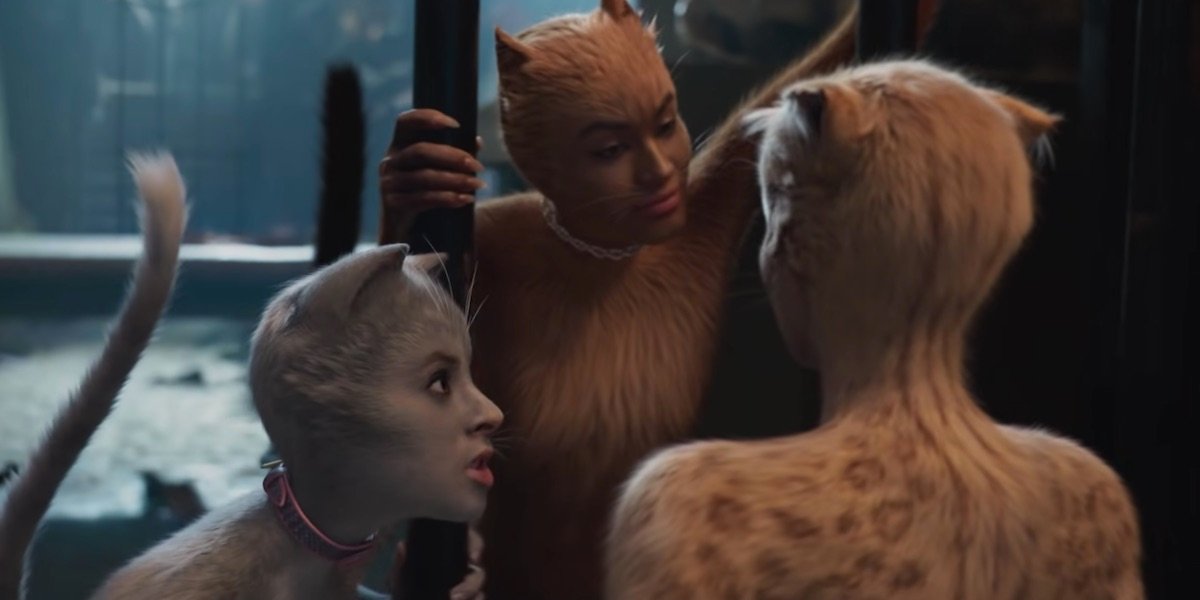
How Is Cats' Ending Different From The Musical?
Cats director Tom Hooper clearly has love for the original musical, as his movie is a fairly accurate adaptation of Andrew Lloyd Webber's record-breaking show. Yet, there are a few changes made to the source material. The most obvious is that the director attempted to give the film adaptation more of a linear narrative than the musical. The cats no longer break the fourth wall, with their stories all told through Victoria's eyes. This choice makes sense to give Cats a more film feel, although it is startling when Judi Dench finally addresses the audience in the closing number. It was a moment that got an audible reaction from the audience during my Cats screening.
As for for Judi Dench, her role is actually gender-swapped from the usual casting of Cats the musical. Old Deuteronomy is usually played by a man, with a high baritone voice. Dench's songs were adjusted to fit her voice, and she sounded killer in the role. If you didn't already know Cats, you wouldn't know any change was made. She has the necessary gravitas and wisdom for the role, and has had a long tenure in the theater.
Regarding Cats' ending itself, it pretty closely follows the musical, although Macavity's plot to become the winner goes by a little differently. He doesn't spend the Cats musical slowly kidnapping the Jellicles, but instead focuses solely on Old Deuteronomy. Once he kidnaps that powerful cat, Macavity returns disguised as O.D. in an attempt to crown himself the winner. But he's found out, and is forced to flee the stage. From there, Mr. Mistoffelee uses his magic to return Old Deuteronomy in time for the Jellicle Choice-- just like Tom Hooper presented in the movie.
Grizabella is the one chosen in both the Cats movie and musical, as Jennifer Hudson's character is given a new life after her years of suffering and isolation. But the way she ascends to the Heaviside Layer is a bit different. In the Cats movie she rides an old chandelier, a la another musical, Phantom of the Opera. In the stage version, Grizabella and Old Deuteronomy ride a flying car tire to the heavens, where she makes her exit into the sky. The tire moment is an iconic Broadway visual, as the musical version of Cats ran for nearly two decades, and was the longest-running show on the Great White Way.
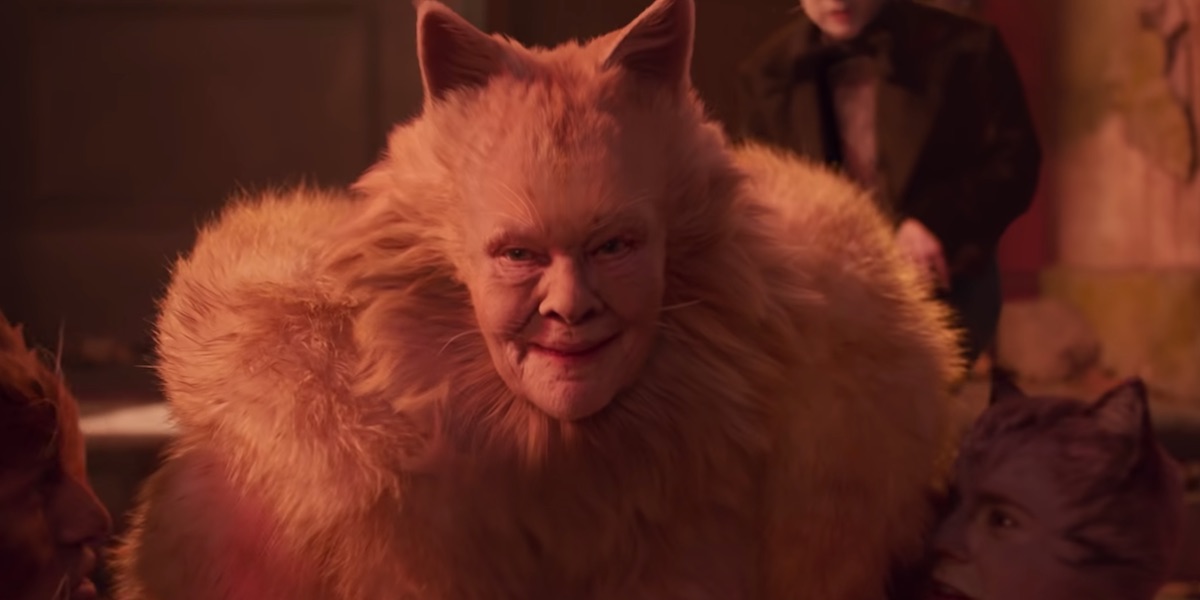
What Does Cats' Ending Mean?
So what exactly does the ending to Cats mean? Well, it's fairly straightforward... kind of. Regardless, it's an ending that strikes true to the original, complete with Judi Dench's final number "The Ad-Dressing of Cats" Basically Grizabella lived her life and suffered, and was rewarded with a new life. Whether or not this is literal or metaphorical is never quite clear, even in the musical Cats. The plot of the movie hints that the goal is for the cats to be reborn, this time as exactly who they've always wanted to be. For some this means young and beautiful, and for others it means some new power. But Griz is the winner of the Jellicle Choice, so the happy ending is for her to enjoy.
Since Cats premiered as a show on Broadway, the show's ending has been discussed by musical fans. Many consider the Heaviside Layer to simply mean heaven-- I mean, they sound similar. Since Grizabella was an old cat, Cats' ending could represent the natural circle of life and death.
There are also darker theories about what the Heaviside Layer could symbolize. Some of these include a ritual sacrifice, which certainly makes Cats' ending less happy. Another is that the kitties in Cats are actually in purgatory, and that the Heaviside Layer is the real heaven. Clearly it's up for interpretation, which is why moviegoers may be puzzled by the ending of Tom Hooper's Cats movie.
Cats is in theaters now, so you can check out the wild musical blockbuster and judge its ending yourself. Plus, CinemaBlend's official review is up here. In the meantime, check out our 2020 release list to plan your next trip to the movies.
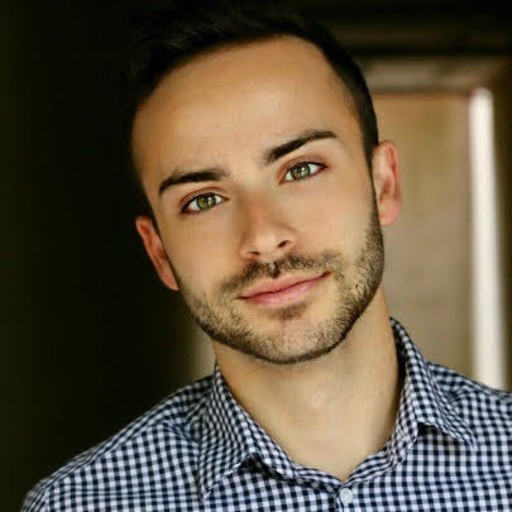
Corey was born and raised in New Jersey. Graduated with degrees theater and literature from Ramapo College of New Jersey. After working in administrative theater for a year in New York, he started as the Weekend Editor at CinemaBlend. He's since been able to work himself up to reviews, phoners, and press junkets-- and is now able to appear on camera with some of his favorite actors... just not as he would have predicted as a kid. He's particularly proud of covering horror franchises like Scream and Halloween, as well as movie musicals like West Side Story. Favorite interviews include Steven Spielberg, Spike Lee, Jamie Lee Curtis, and more.
